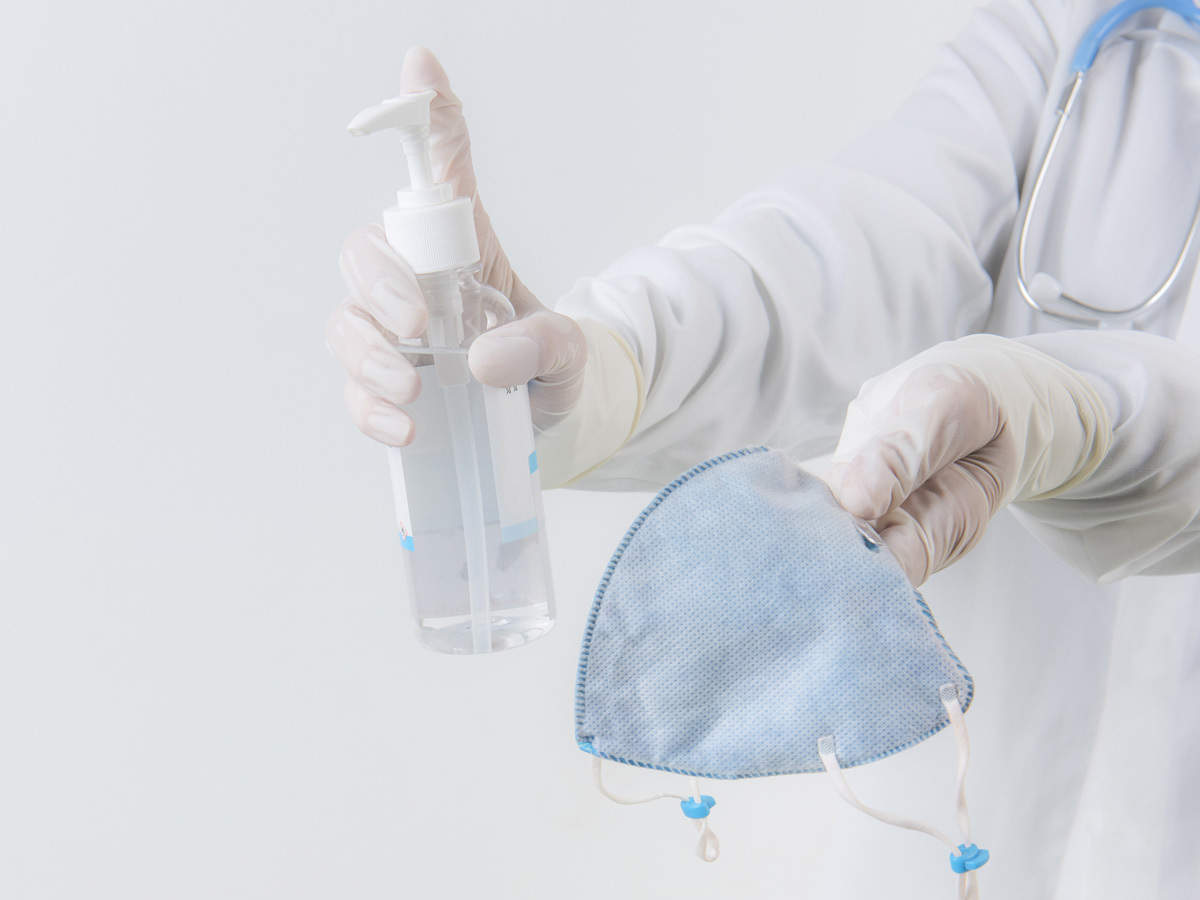Medical equipment like disposable suits, hand sanitisers, face masks, respirators for air purification and gloves will be subject to zero-rated value-added tax (VAT) in the UAE. A resolution stipulating this was adopted by the UAE Cabinet on Tuesday to mitigate the repercussions of Covid-19 and support the healthcare sector in the country.
His Highness Sheikh Mohammed bin Rashid Al Maktoum, Vice-President and Prime Minister of the UAE and Ruler of Dubai, chaired the meeting at Qasr Al Watan in Abu Dhabi. He hosted virtually a number of teaching staff and students from different schools in the UAE. In a video and photos posted on his social media handles, he can be seen interacting with the students and teachers while they were in their classrooms.
Sheikh Mohammed said the UAE’s achievements are based on education. “Our accomplishments and progress since the foundation of our beloved country started from schools. With education, we shall continue our journey towards the future.”
He stressed that education has always been a top priority. “The country exerts unwavering efforts to develop the educational system despite all circumstances,” he said. “The previous school year is the best example of the strength of our educational system and its ability to continue without interruption in the most difficult circumstances.”
He was referring to the fact that education went online as in-person classes were suspended in March as a precautionary measure against the spread of Covid-19. Physical schooling resumed on August 30 after the summer break.
During the meeting, the cabinet approved a sponsorship policy in the federal government. It identifies the guidelines for accepting sponsorship and donations and ensures that all sponsorships are consistent with the entity’s strategic direction, core values and brand attributes. The policy aims to unify the procedures and provide all government entities with underlying principles when cooperating with stakeholders.
The cabinet has also approved a federal law amending some provisions of the law regulating the notary public profession. The new law aims to employ advanced technologies and to conduct all notarisation requests and services remotely.
The cabinet issued a resolution on the implementing regulations of the federal law concerning Medically-Assisted Reproduction. The resolution underlines the objectives of the law, responsibilities of the licensed fertilisation centres, licensing requirements, genetic testing and requirements for gamete handling and storage.



